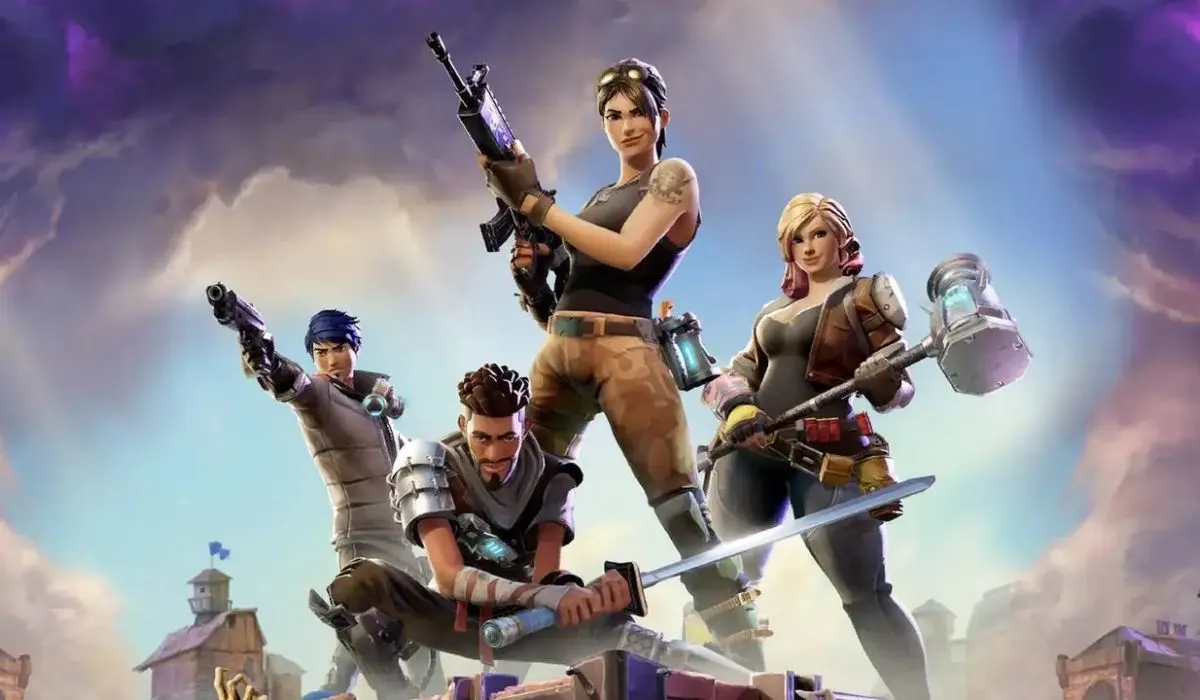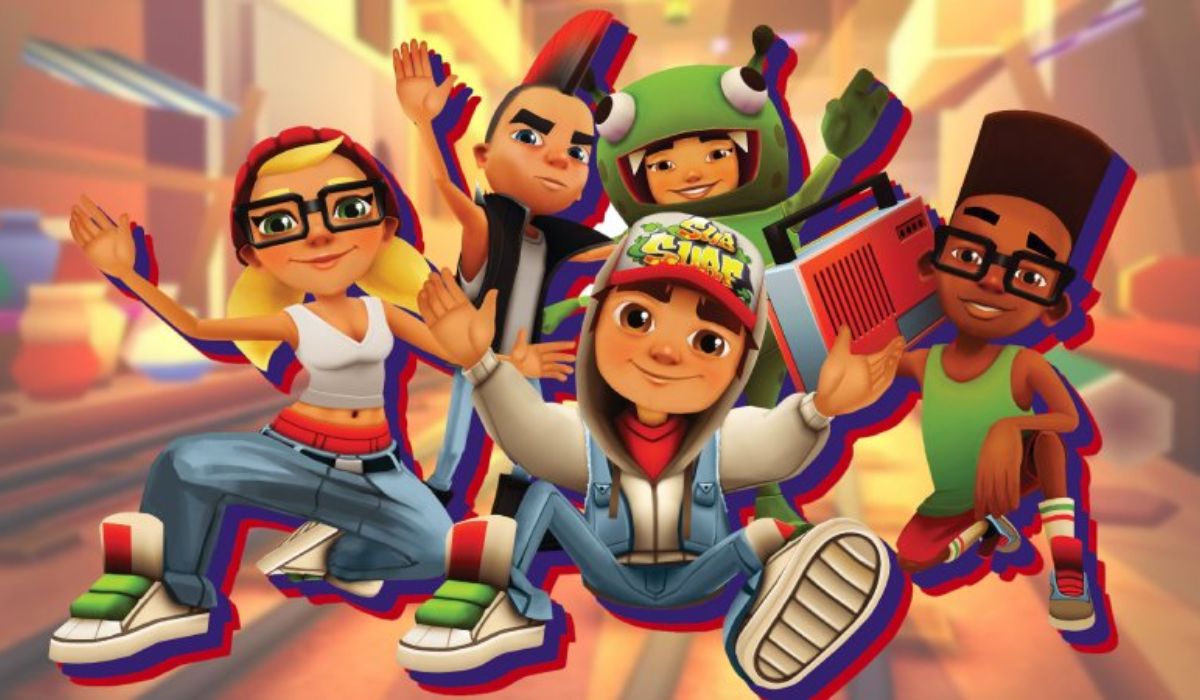
The Union Upkeep represents signalling well-nigh priorities as much as it unquestionably allocates money for variegated activities. Indian yearly expenditure on education exceeds 1 lakh crore rupees if we consider public and private spends. Hence, the question is whether there are relatively smaller spends that can make these large spends much increasingly effective. Six ideas, which focus on improving the quality of education, are listed below:
- Budgetary support should be provided to the National and State Towage Surveys to self-mastery regular assessments at national and state levels every 3 years in classes 3, 6 and 9 in wing to regular participation in PISA and TIMSS. The NAS is currently conducted in classes 3, 5 and 8, but there are two advantages of doing the assessments in classes 6 and 9 instead. Firstly, this allows the progress of the older cohort to be tracked 3 years later. Secondly, classes 6 and 9 mark the ends of the stages of education in the 5 3 3 4 system. States will moreover be encouraged to self-mastery SLAS every 3 years using some questions from NAS. Though the objective is not to rank, rankings are useful to show what works so ranks will be provided both based on wool performance and improvement. Technical support will be taken from leading national and international agencies in creating an towage which tests hair-trigger thinking skills as per the NEP mandate as well as in analysing the performance using the weightier psychometric methods. India will participate regularly in both the PISA (class 10) and TIMSS (classes 4 and 8) international assessments to benchmark its learning resurgence with the weightier in the world. Gradually the NAS will be opened to other countries too so it becomes a respected international benchmarking assessment.
- A upkeep of Rs 1000 crores should be set whispered for Public Education and Awareness Campaigns in Education. Change is increasingly difficult to unzip in sectors like education compared to many others like telecom, infrastructure, etc., considering in wing to technical challenges there is a significant rencontre of waffly mindsets in education. The NEP calls for waffly towage systems to emphasise increasingly on developing cadre skills and moving yonder from rote learning. However, the current system focuses on rote learning which is moreover associated with strong exam-orientation and upper marks obtained in exams. Parents tend to oppose changes that may towards to hurt their children in the short term, for example, by reducing marks. Yet such changes may be necessary if assessments have to be reformed to focus on cadre skills. On this and many other issues, it will be necessary to explain to parents (as well as teachers and other stakeholders) the rationale overdue changes planned and engage in national debates. This upkeep will be used for this purpose.
- A Science of Learning Research Institute should be set up with a mandate to undertake research that will be made misogynist to all and aimed at improving teaching and student learning. The purpose of this institute will be to self-mastery research on how students learn specific concepts. The institute will have centres for reading research, numeracy and mathematical research, assessments research, research on use of technology, etc. It may towards at first glance that such research is not needed as education as a willpower is thousands of years old. However, this is not true. Modern technology has unliable data on student learning to be collected, yet since, this has been a recent (and still evolving phenomenon), research on this is still at a nascent stage. Misconceptions research, for example, is an zone which focusses on worldwide learning gaps found wideness students and how teachers can wilt increasingly constructive in teaching such concepts. Such research will be made freely misogynist to teachers, textbook writers, EdTech companies and others who will build upon it to create largest learning methods and solutions.
- Budgetary support should be provided for technological initiatives to support the FLN Mission. While there are some widely wonted assessments for Foundational Literacy and Numeracy internationally like the Early Grade Reading and Early Grade Mathematics Assessments (EGRA and EGMA), there are two important limitations. The first is that Indian languages have not been sufficiently covered in terms of benchmarks and they are sufficiently variegated to require separate research and data. The second limitation is that the use of technology-based tools to self-mastery rapid, large-scale assessments has been scrutinizingly non-existent. Budgetary support will be provided in these two areas to build on the important work the FLN Mission has started.
- Teacher Professional Development Institute: Imagine that high-quality curated courses were misogynist for teachers on teaching various topics in all subjects and wideness matriculation levels. A teacher who has to teach, say photosynthesis or Mughal history, but is not feeling confident, would simply need to come to a worldwide website and will find 2-3 curated courses (with expert as well as peer ratings). Depending on the topic a module may be fifteen minutes long or six hours long. States will create their own equivalent material in regional languages. Largest courses will replace ones that are less constructive continuously and teachers or others who create these courses will earn based on the usage and popularity of the courses. In order to ensure quality, expert involvement and infrastructure support and due to the fundamental role this can play in giving a uplift to quality, this should be a nationally supported initiative.
- Budgetary support should be provided for the National Giftedness programme whose simple vision is that the top 1% of children in any such subject will be identified at the age of 12 and given the endangerment to participate in a 3 week residential programme every year till the age of 17 with peers similarly selected in groups of not increasingly than 30. The programmes will include challenging wonk content which will be at the level of higher courses, but increasingly importantly they will require creative and collaborative problem solving. The courses will moreover aim to instil in these children the value that their goal should be to use their unrenowned talent to make a difference to the country and the world.
The post A Upkeep for Quality Education appeared first on EI blog.








